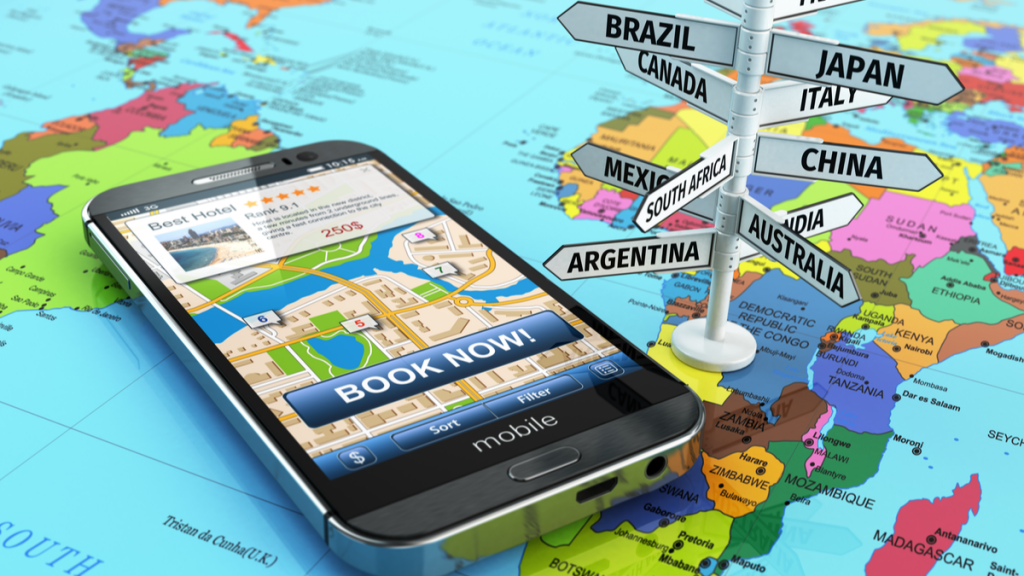By Marta Poggi
In the digital age, the strategic use of technology and specifically of data becomes a decisive factor for companies in all economic segments.
It is no different with the tourism sector. We are living the digital transformation and the travel industry is undergoing major changes, offering many untapped opportunities.
In order to keep up with this transformation in the tourism sector, companies need to be aware of the importance of data. It is also essential that they know how to assemble teams of professionals who have an in-depth understanding of these new technologies and in particular the changes in habits and behaviour of travellers 4.0, in the information search, planning and purchase of tourist services phases.
In analyzing the purchasing journey of these connected tourists, Google points out that 90% of them start their search on some digital platform. Most of them, 52%, start off with searches on Google and about 38% of them look for information on YouTube. If travellers do not find your brand during this stage, they will not even consider purchasing your services.
But nowadays the purchasing journey of travellers is no longer such a linear one. It can start off with an advert for a tourist service or even a posting on social media or even with an indication from a friend or relative.
Either way, we need to know this path really well and always think from the customer’s point of view. Nowadays customers have countless options in terms of assembling their trips thanks to technology, deciding from whom to buy, when to buy and how to pay.
When travellers “scroll through” this journey, they leave a number of tracks, which can and should be made use of in a strategic way.
Thanks to this revolution, travellers 4.0 can now make reservations in hotels or restaurants by voice and companies need to get ready to be accessible to these customers in this mode as well. After all, virtual assistants such as Alexa are constantly getting closer and increasingly used by consumers of the digital age.
We are becoming ever more accustomed to digital facilities. Once we get into the habit of using apps to move around, to make financial transactions, to consume content (news, music, movies, etc.), it is impossible to take a step backwards and return to the previous situation.
Therefore, companies find themselves obliged to adapt the way they promote products and services and to come up with more modern alternatives in order to generate different results, such as GrowthHacking.
To start working with data, marketing professionals in the travel industry need to reflect on the following points. First of all, do we know what the main points of contact are between the company and our customers? How can we get hold of data?
Secondly, do we understand all of this data and know how to use it to improve services, processes and promotional actions?
And following on from this we need to understand: do the data monitoring tools enable us to discover the trends and changes in the customer’s behaviour?
If your company cannot yet answer these questions and intends to achieve a prominent position in such a competitive market, you should allocate resources and make data-based work a priority. After all, there is nothing you can do to stop progress. Wishing you all the best with your work!
The opinions expressed in this text are the author’s opinion and do not necessarily reflect the position of WTM Latin America.
